Home>diy>Building & Construction>How Much Do You Save By Building Your Own House
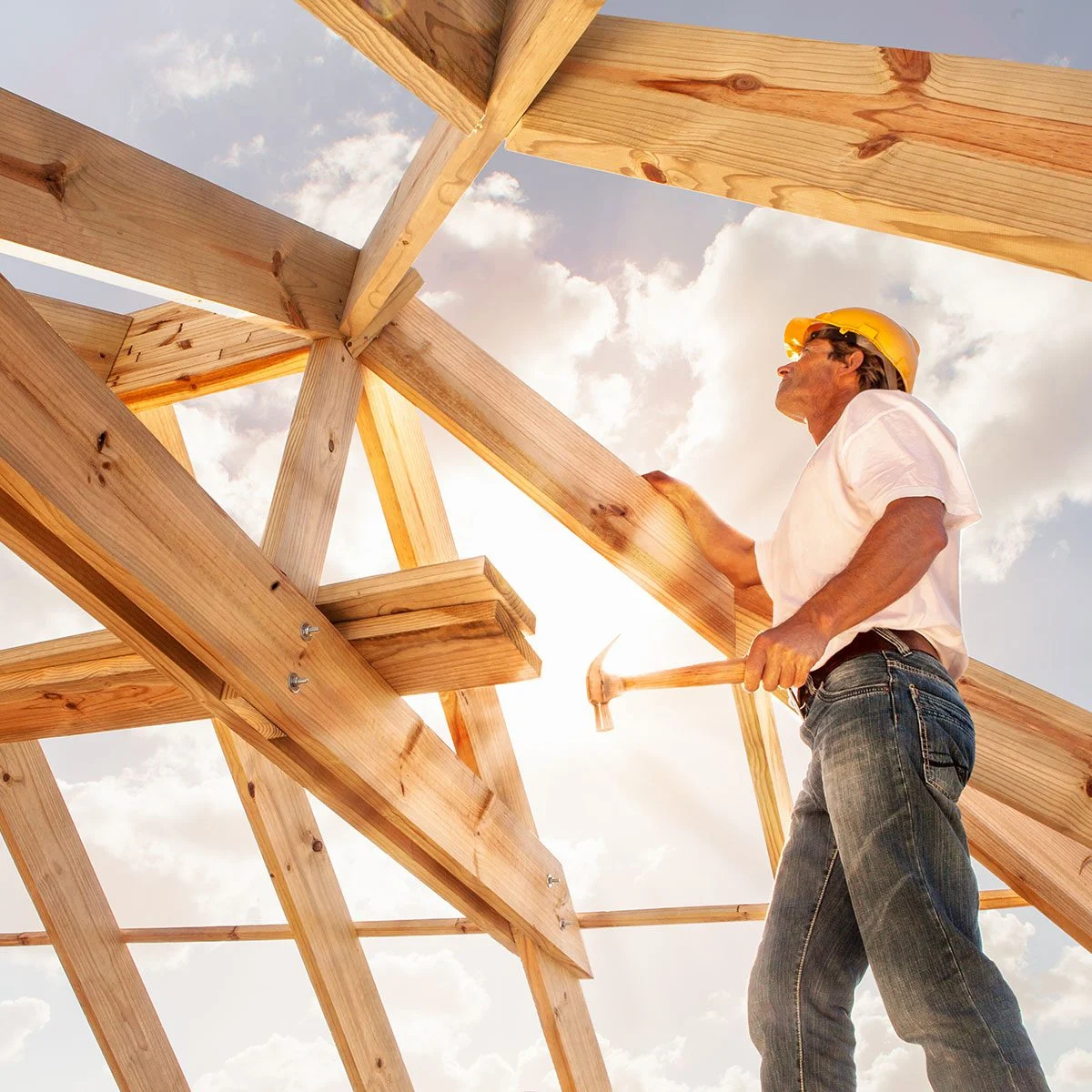

Building & Construction
How Much Do You Save By Building Your Own House
Modified: December 7, 2023
Save money by building your own house! Discover the cost-effective benefits of DIY construction and learn how much you can save.
(Many of the links in this article redirect to a specific reviewed product. Your purchase of these products through affiliate links helps to generate commission for Storables.com, at no extra cost. Learn more)
Introduction
Welcome to the world of building construction, where the possibilities are endless, and your creativity knows no bounds. Building your own house is a dream that many people have, as it allows you to customize every aspect of your living space and create a home that reflects your unique style and needs.
But before you embark on this exciting journey, it is important to understand the pros and cons of building your own house. While it can be a rewarding experience both financially and personally, it also requires careful planning, time, and effort.
In this article, we will explore the advantages and disadvantages of building your own house, the factors that determine the cost of construction, how to estimate the cost of building your own house, and compare the cost of building versus buying a pre-existing house. Lastly, we will delve into how much money you can potentially save by taking on the project yourself.
So, whether you are an aspiring DIY enthusiast or simply curious about the world of building construction, let’s dive in and explore the exciting possibilities and potential savings that come with building your own house.
Key Takeaways:
- Building your own house offers customization, energy efficiency, and potential long-term value. Careful planning and research can lead to significant cost savings and a personalized dream home.
- While building a house requires time, effort, and financial planning, it provides the opportunity for pride, accomplishment, and a wise long-term investment. Thorough research and realistic budgeting are crucial for success.
Pros of Building Your Own House
Building your own house offers several advantages that make it an appealing option for many individuals. Let’s take a look at some of the key benefits:
- Customization: One of the biggest advantages of building your own house is the ability to customize every aspect of your home. From the layout and design to the choice of materials, fixtures, and finishes, you have the freedom to create a space that perfectly suits your tastes and lifestyle.
- Energy Efficiency: Building a house from scratch allows you to incorporate energy-efficient features from the very beginning. You can install high-quality insulation, energy-efficient windows, solar panels, and other green technologies to reduce your environmental impact and save on energy bills in the long run.
- Quality Control: When you build your own house, you have control over the quality of materials and workmanship. You can personally select reputable contractors and oversee the construction process to ensure that everything is done to your standards.
- Long-Term Investment: Building a house can be a wise long-term investment. By customizing your home and using quality materials, you can increase its value and potentially earn a higher return on investment if you decide to sell in the future.
- Satisfaction and Pride: There is a sense of pride and accomplishment that comes with building your own house. It is a tangible and lasting symbol of your hard work, creativity, and personal style.
While these advantages make building your own house an attractive prospect, it is important to consider the potential drawbacks as well. Next, we will explore the cons of building your own house to provide a balanced perspective.
Cons of Building Your Own House
While building your own house offers many advantages, it is essential to consider the potential drawbacks before embarking on this journey. Here are some of the cons to keep in mind:
- Time and Effort: Building a house from scratch requires a significant investment of time and effort. From design conception to obtaining permits, managing construction, and overseeing all the details, it can be a time-consuming and demanding process.
- Stress and Decision-making: Building a house involves making numerous decisions, both small and large, throughout the construction process. From choosing materials and finishes to making design choices, the decision-making process can be overwhelming and stressful.
- Cost Overruns: Building your own house is notorious for potential cost overruns. Unexpected expenses, changes in materials or design, and market fluctuations can all impact the overall cost of the project, potentially leading to financial strain.
- Lack of Experience and Expertise: Unless you have previous experience in construction, building your own house may require learning new skills or relying on professionals. Lack of knowledge in certain areas can lead to mistakes or delays in the project.
- Uncertainty and Risks: Building a house comes with its fair share of uncertainties and risks. Factors such as weather conditions, contractor availability, and regulatory requirements can impact the timeline and outcome of the project.
It is important to carefully evaluate these cons and weigh them against the potential benefits before deciding if building your own house is the right choice for you. Understanding the challenges involved can help you make an informed decision and better prepare for the journey ahead.
Factors that Determine the Cost of Building a House
When it comes to building a house, the cost can vary greatly depending on various factors. Understanding these factors will help you estimate the overall cost and make informed decisions throughout the construction process. Here are some key factors that influence the cost of building a house:
- Location: The location of your build site plays a significant role in determining the cost. Factors such as land prices, accessibility, and local building codes and regulations can impact the overall cost of construction.
- Size and Layout: The size and layout of the house are key factors in determining the cost. Larger homes generally require more materials and labor, resulting in higher construction costs.
- Design and Complexity: The design and complexity of the house also impact the cost. Architectural features, unique design elements, and intricate detailing can increase the overall cost of construction.
- Materials: The choice of materials used in the construction can greatly affect the cost. High-quality materials and finishes will typically be more expensive but can add value and durability to your home.
- Finishes and Fixtures: The selection of finishes, fixtures, and appliances also affects the cost. Opting for premium finishes and high-end fixtures will increase the overall budget.
- Labor Costs: The cost of labor, including hiring contractors, architects, and other professionals, is a significant part of the overall cost. Labor costs can vary based on location, demand, and the complexity of the project.
- Permits and Regulatory Requirements: Obtaining permits, inspections, and complying with regulatory requirements can add additional costs to the construction process.
- Market Conditions: Market conditions, such as material prices and labor availability, can impact the cost. Fluctuations in the market can lead to price variations and affect the overall budget.
These factors, among others, contribute to the overall cost of building a house. It is crucial to carefully consider each factor and budget accordingly to ensure a successful and financially viable project.
Before starting to build your own house, carefully research and compare the costs of materials, labor, and permits with the cost of hiring a professional builder. Keep in mind that building your own house requires a significant time commitment and a good understanding of construction processes.
Estimating the Cost of Building Your Own House
Estimating the cost of building your own house is an essential step in the construction process. It helps you establish a realistic budget and ensures that you are financially prepared for the project. While it may seem daunting, breaking down the estimation process into manageable steps can simplify the task. Here are some steps to help you estimate the cost of building your own house:
- Define Your Requirements: Start by defining your requirements and preferences for your new home. Consider the size, layout, design, and other specific features that you want.
- Research: Conduct thorough research to gather information on the current prices of materials, labor costs, and other factors affecting the construction industry in your area. This will give you a baseline understanding of the costs involved.
- Create a Detailed Plan: Work with an architect or designer to create a detailed plan for your house. This plan should include the overall layout, room dimensions, and specifications for materials and finishes.
- Get Multiple Quotes: Reach out to different contractors and suppliers to obtain multiple quotes for the materials and services you will need. This will help you compare prices and select the most cost-effective options.
- Consider Hidden Costs: Remember to account for hidden costs such as permits, inspections, land preparation, and site works. These costs can add up and significantly impact your budget.
- Include Contingency: It is wise to include a contingency fund of around 10-20% of the estimated cost to account for unexpected expenses or changes during the construction process.
- Review and Adjust: Review your estimated cost and make adjustments as necessary. Fine-tune your budget by prioritizing your needs and wants and making any necessary compromises.
- Consult with Professionals: It is beneficial to consult with professionals such as architects, contractors, or quantity surveyors to validate your estimated cost and provide additional insights.
Keep in mind that estimating the cost of building a house is not an exact science, and there may be variations and unforeseen expenses as the project progresses. However, by carefully considering these steps and conducting thorough research, you can create a realistic cost estimate and ensure that you are financially prepared for your self-built dream home.
Read more: How To Save Money On Building A House
Comparing the Cost of Building versus Buying a House
When it comes to finding your ideal home, you have two main options: building your own house or buying an existing one. Both options have their advantages and considerations, including the cost. Let’s compare the cost of building versus buying a house to help you make an informed decision:
Building a House:
Building a house offers the advantage of customization and the ability to create your dream home from scratch. However, it can be a more expensive option due to various factors:
- Upfront Costs: Building a house requires substantial upfront costs. You will need to purchase land or a building lot and pay for design, architect fees, permits, and other initial expenses.
- Construction Costs: The cost of construction includes materials, labor, and contractor fees. Building a house allows you to choose quality materials and customize your finishes, but these choices can add to the overall cost.
- Time and Effort: Building a house takes time and effort. You may need to invest significant time in planning, overseeing the construction, and making decisions along the way, which may result in additional costs.
Buying an Existing House:
Buying an existing house provides the advantage of convenience and possibly lower upfront costs. However, it is important to consider other factors that may influence the overall cost:
- Purchase Price: The purchase price of an existing house can vary depending on factors such as location, size, age, and condition. It is essential to consider the market value and negotiate wisely to ensure you are getting a fair deal.
- Renovation and Repairs: In some cases, an existing house may require renovations or repairs to meet your desired standards. These additional costs should be factored into your budget when considering the overall expense.
- Maintenance and Upkeep: Owning an existing house means you will have ongoing costs for maintenance, repairs, and utilities. It is important to consider these expenses when comparing the long-term costs of building versus buying.
Ultimately, the cost of building versus buying a house depends on your specific circumstances, preferences, and budget. While building a house may have higher upfront costs, it offers the advantage of customization and the ability to create a home tailored to your needs. On the other hand, buying an existing house may provide convenience and potentially lower upfront costs, but could involve additional expenses for renovations or repairs.
It is crucial to evaluate your financial situation, consider your long-term goals, and carefully weigh the pros and cons of each option before making a decision. Consulting with a financial advisor or real estate professional can provide additional guidance and help you make an informed choice.
How Much Money Can You Save by Building Your Own House?
Building your own house can offer significant cost savings compared to purchasing a pre-existing home. However, the exact amount of money you can save depends on various factors. Let’s explore some potential areas of savings when building your own house:
- Customization: Building your own house allows you to customize the design and layout based on your specific needs, eliminating the need for costly renovations or modifications down the line. By incorporating your desired features and preferences from the start, you can save money on future remodeling expenses.
- Materials: When building your own house, you have control over the choice of materials used. By selecting cost-effective yet durable materials, you can potentially save money without compromising on quality. Researching and comparing prices can help you find the best deals and cost-saving options.
- Energy Efficiency: Building a house from scratch gives you the opportunity to prioritize energy efficiency, leading to potential long-term savings on utility bills. By incorporating energy-efficient features such as insulation, high-quality windows, and efficient heating and cooling systems, you can reduce your monthly energy expenses.
- Construction Labor: While labor costs are a significant part of building a house, by managing some aspects of the construction yourself or hiring subcontractors directly, you may be able to save on contractor fees. However, it is important to balance cost savings with the need for skilled professionals to ensure the quality and safety of your home.
- Market Fluctuations: Building your own house allows you to avoid potential price increases in the housing market. The cost of existing homes can fluctuate based on location, demand, and market conditions. By building your own house, you have more control over the overall cost and can potentially mitigate the impact of market fluctuations.
- Long-Term Value: Building a house with quality materials and thoughtful design can increase its value over time. By investing in features and finishes that have enduring appeal, you may be able to maximize the resale value of your home in the future.
While building your own house can offer significant cost savings, it is important to carefully consider your budget and plan for unexpected expenses or contingencies. It is advisable to work with professionals who can provide guidance and ensure that your construction project stays within your financial means.
Ultimately, the exact amount of money you can save by building your own house will vary based on your specific circumstances, choices, and the local housing market. Thorough research, proper planning, and realistic budgeting are crucial to achieve the maximum cost savings while creating your dream home.
Conclusion
Building your own house is an exciting and fulfilling journey that offers the opportunity to create a home that is uniquely yours. While it comes with challenges and considerations, the potential benefits, both financially and personally, can be significant. Throughout this article, we have explored the pros and cons of building your own house, the factors that determine the cost of construction, methods for estimating the cost, and compared the cost of building versus buying a house.
Building your own house allows for customization, energy efficiency, and quality control. You have the freedom to design a space that perfectly meets your needs and tastes. It also offers the potential for long-term investment and a sense of pride and accomplishment. However, building a house requires time, effort, and careful financial planning. It is important to consider factors such as location, size, materials, and labor costs when estimating the overall cost.
Comparing the cost of building versus buying a house helps provide insights into the financial implications of both options. Building a house allows for customization but requires upfront expenses, while buying an existing house may offer convenience but may involve additional costs for renovations or repairs. It is essential to examine your financial situation and long-term goals to make an informed decision.
While building your own house can offer potential cost savings, it is important to conduct thorough research, create a realistic budget, and account for hidden or unexpected expenses. Managing the construction process effectively and working with professionals can help ensure a successful and financially viable project.
In conclusion, building your own house can be a rewarding experience, allowing you to create a personalized space that reflects your lifestyle and preferences. By carefully considering the pros and cons, estimating the cost, and comparing the options, you can make an informed decision that aligns with your vision and financial capabilities. With proper planning and dedication, building your own house can be a dream come true.
Frequently Asked Questions about How Much Do You Save By Building Your Own House
Was this page helpful?
At Storables.com, we guarantee accurate and reliable information. Our content, validated by Expert Board Contributors, is crafted following stringent Editorial Policies. We're committed to providing you with well-researched, expert-backed insights for all your informational needs.
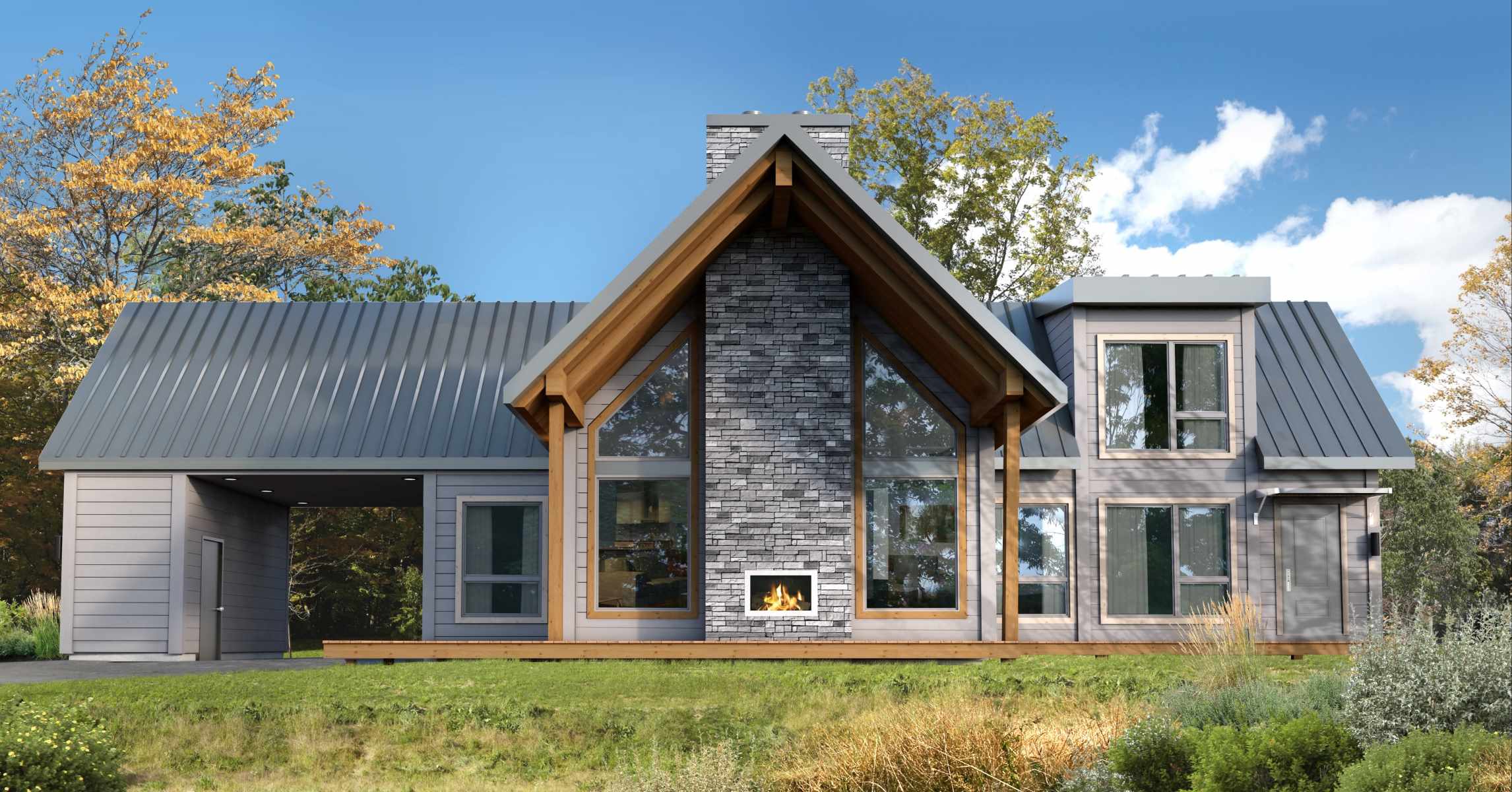
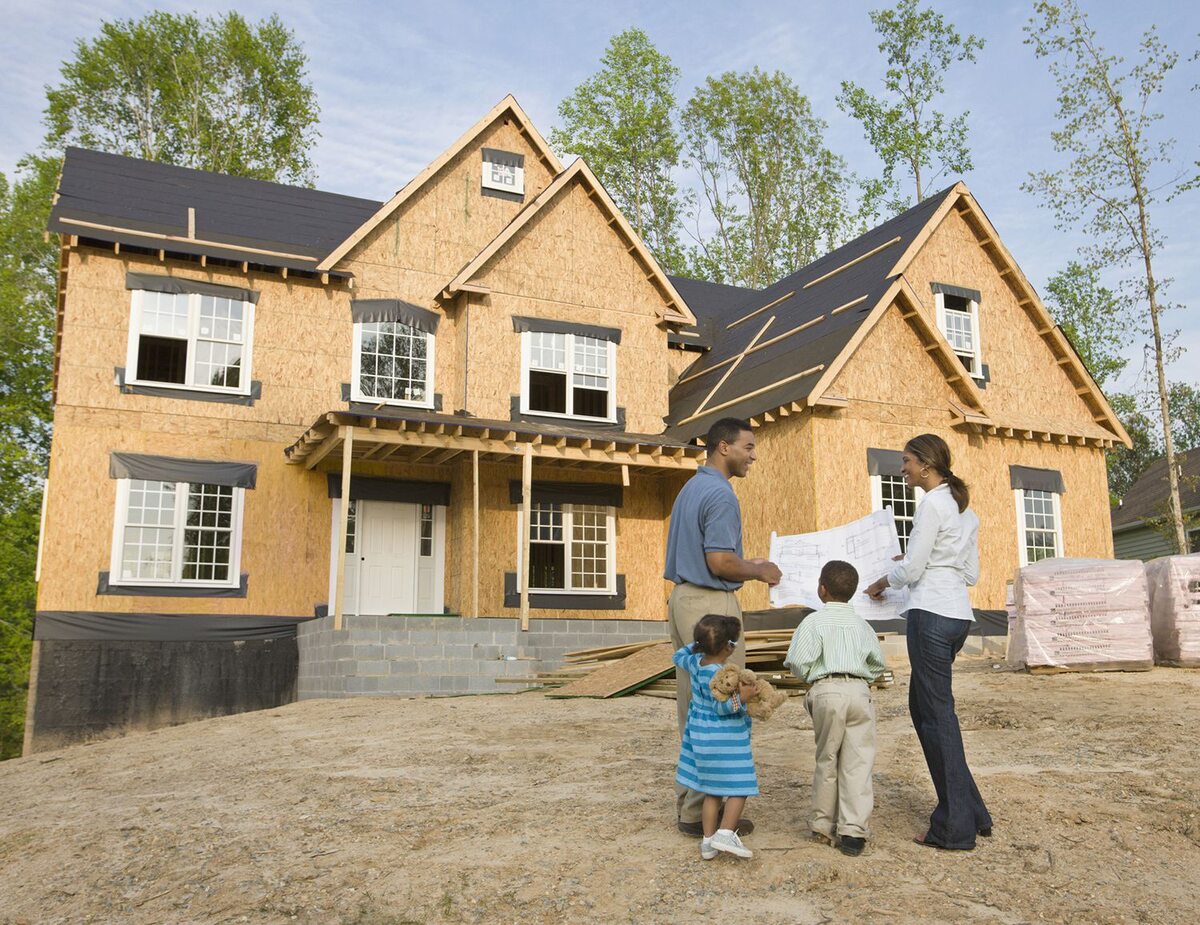
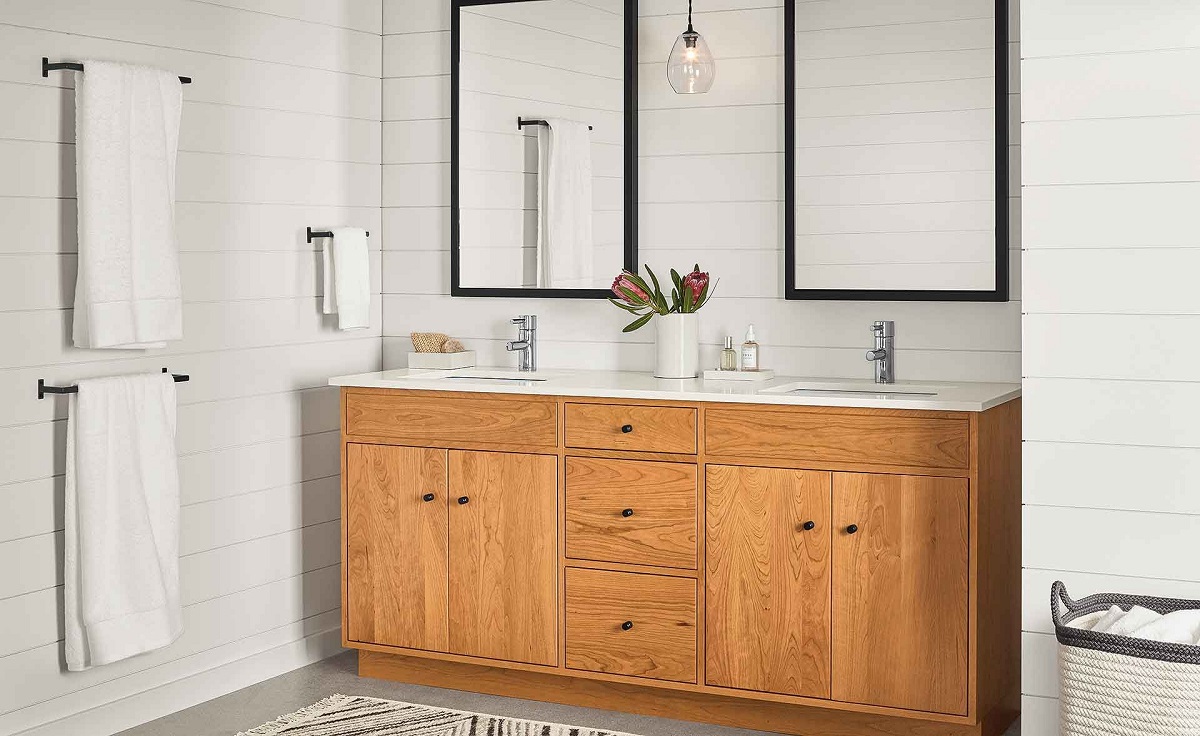
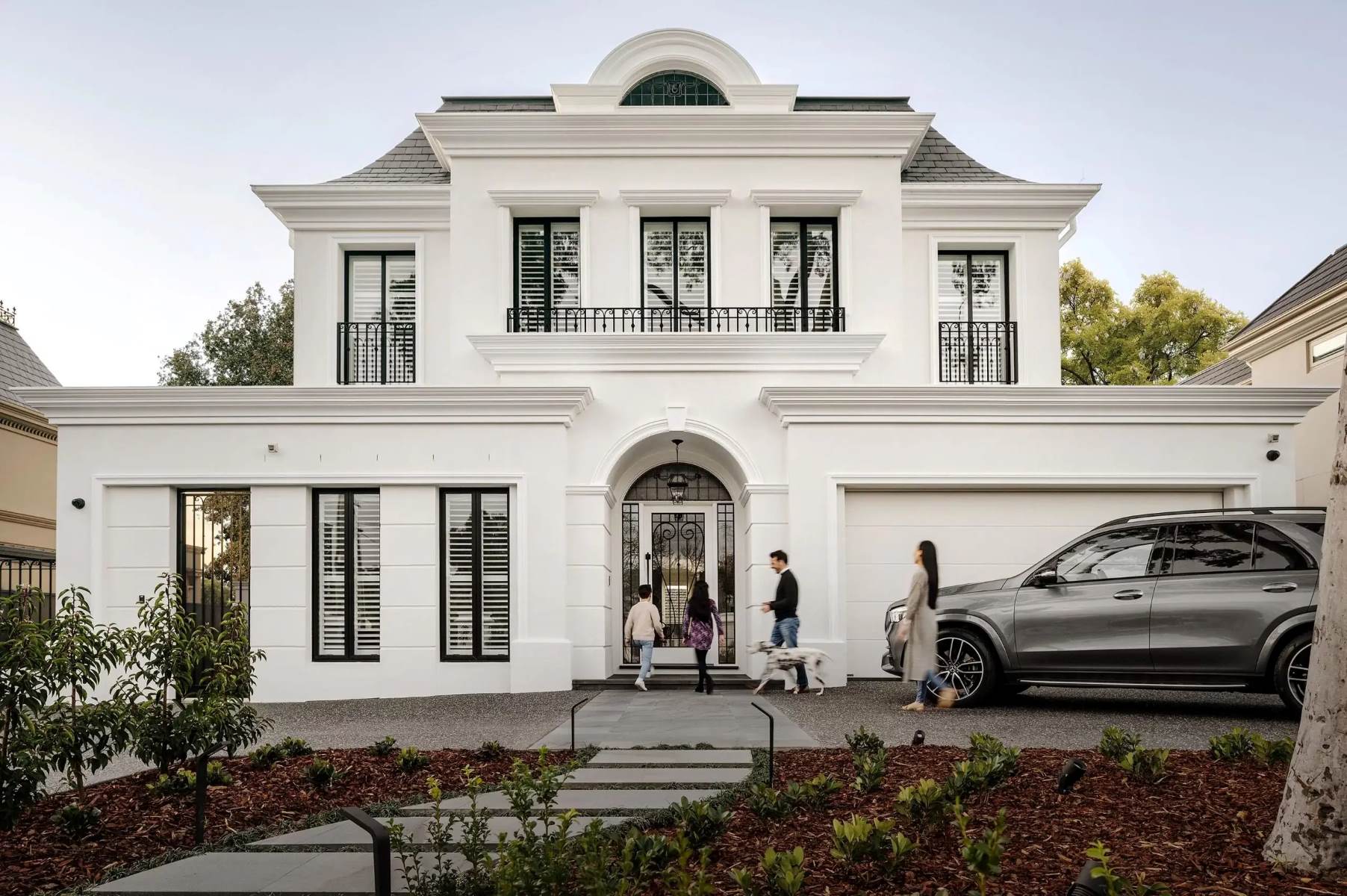
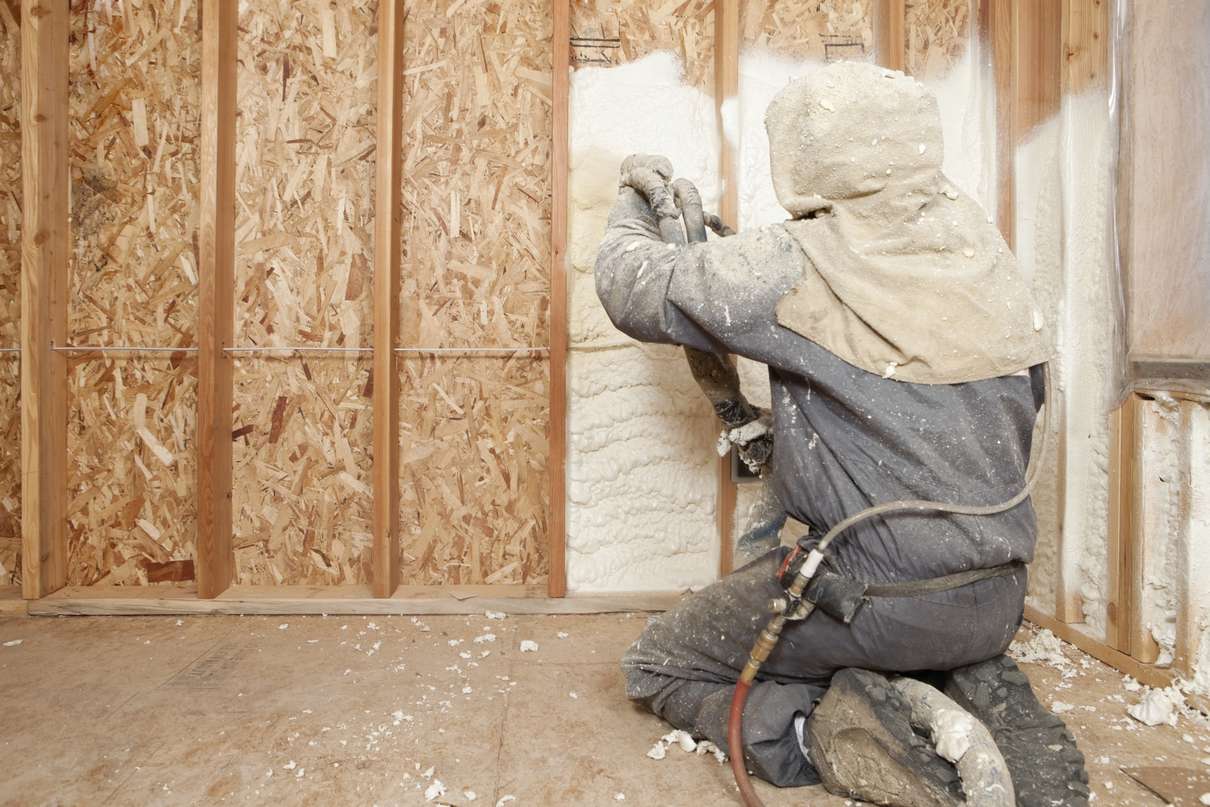
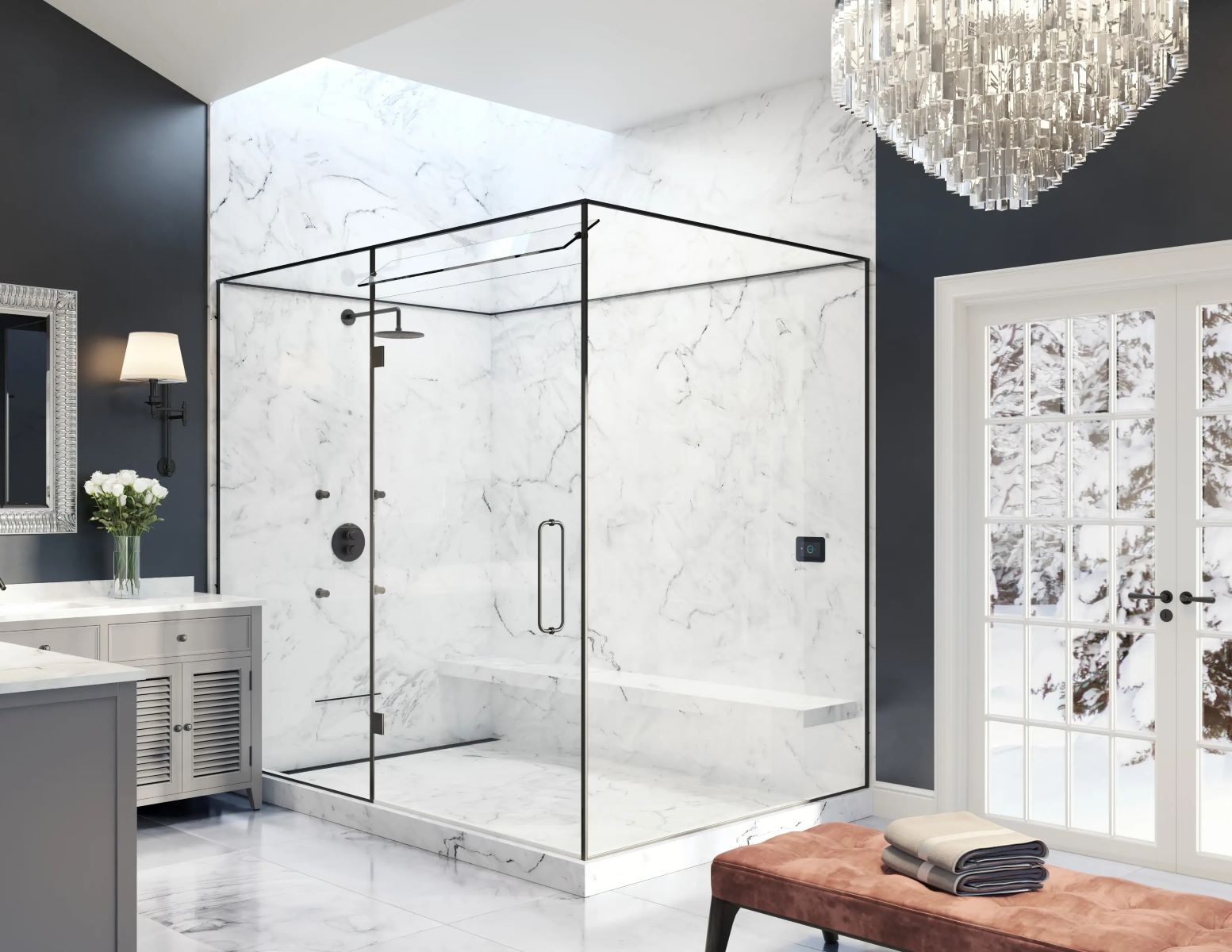
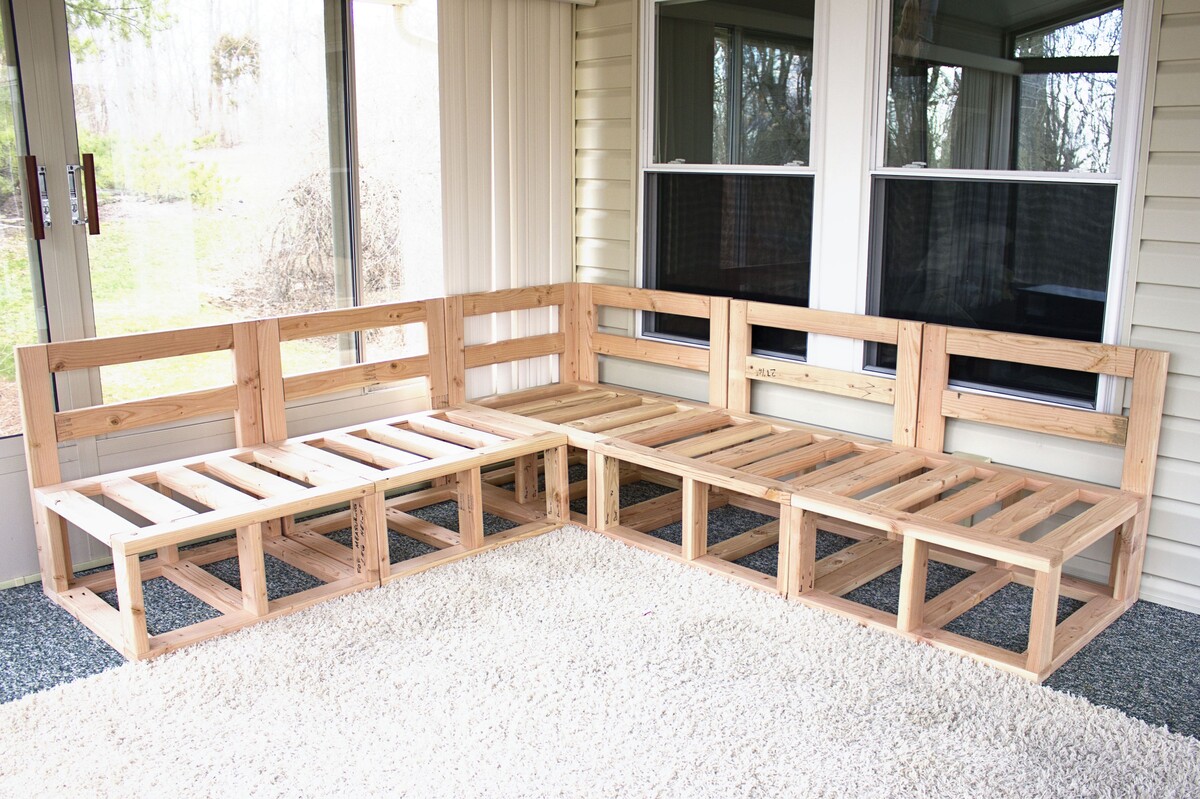
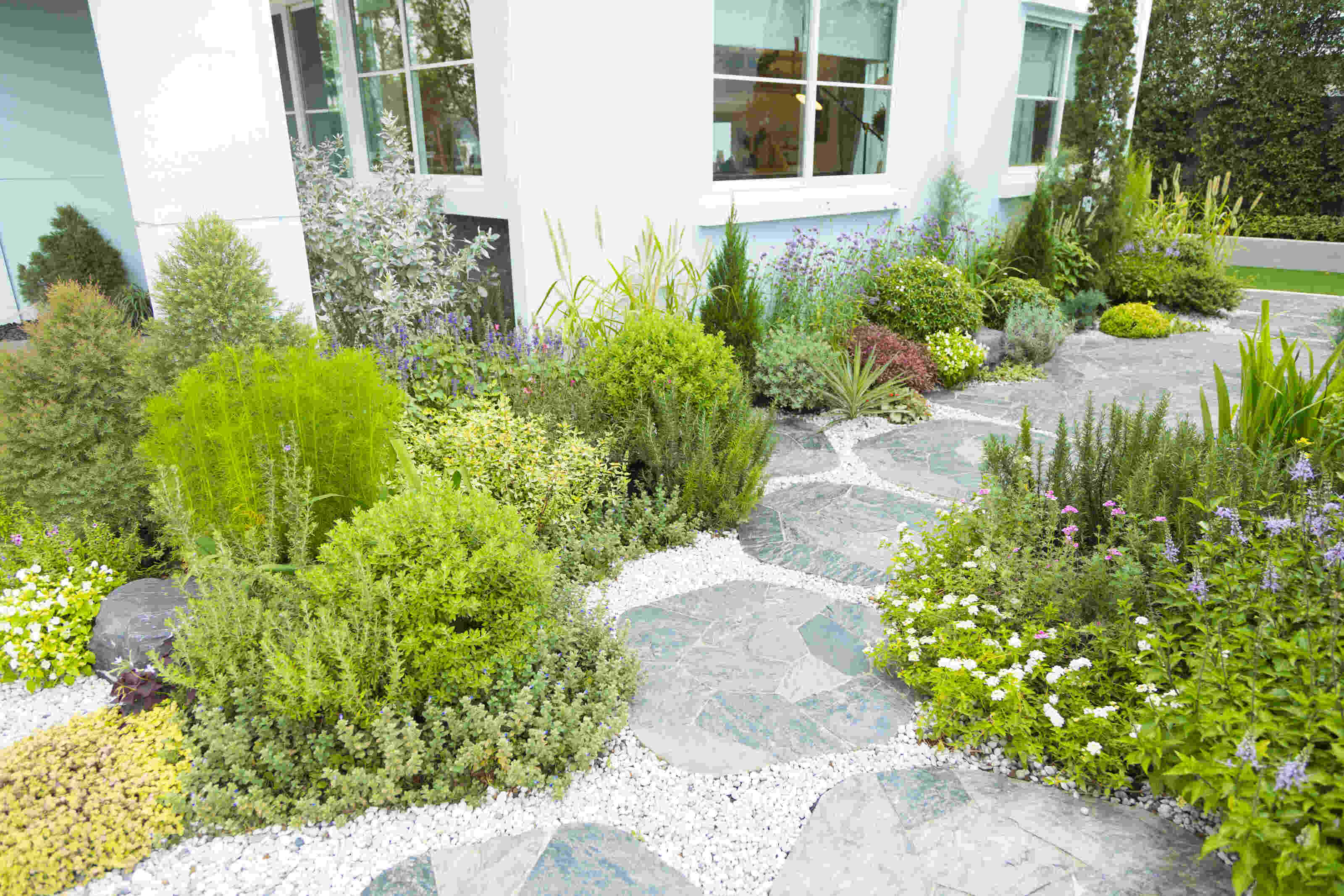
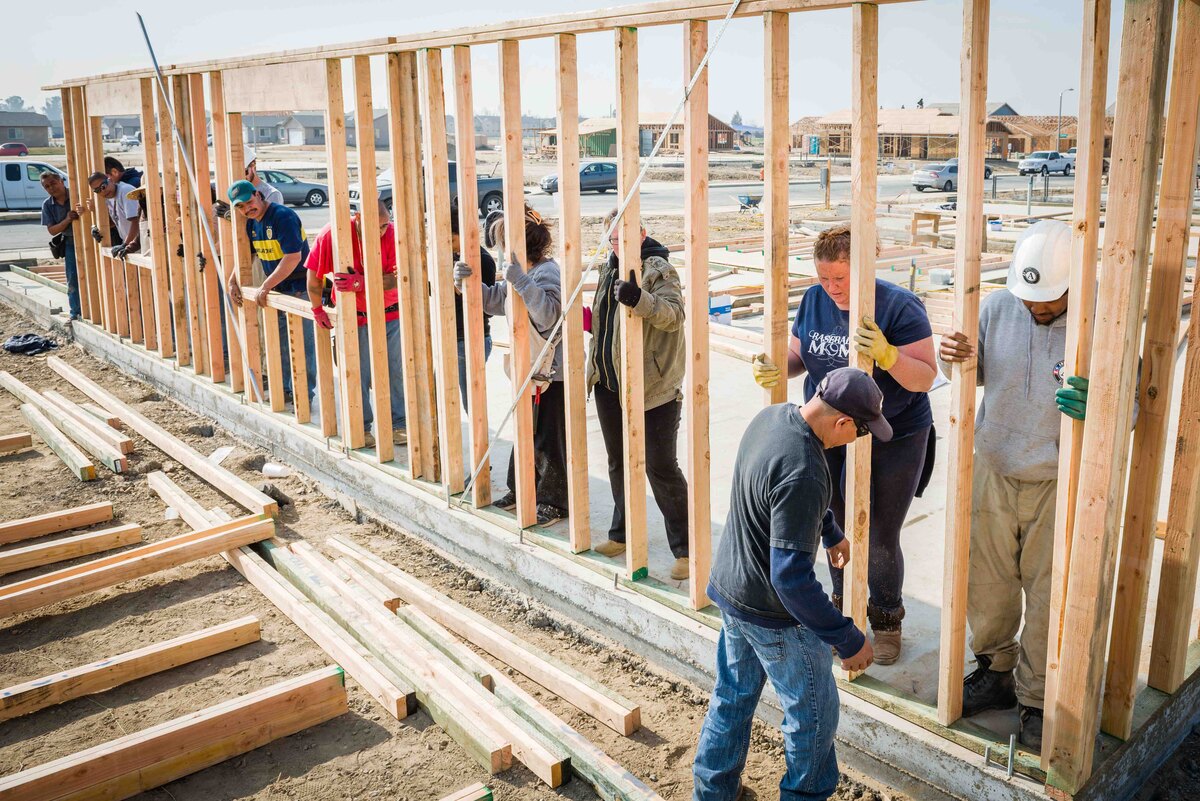
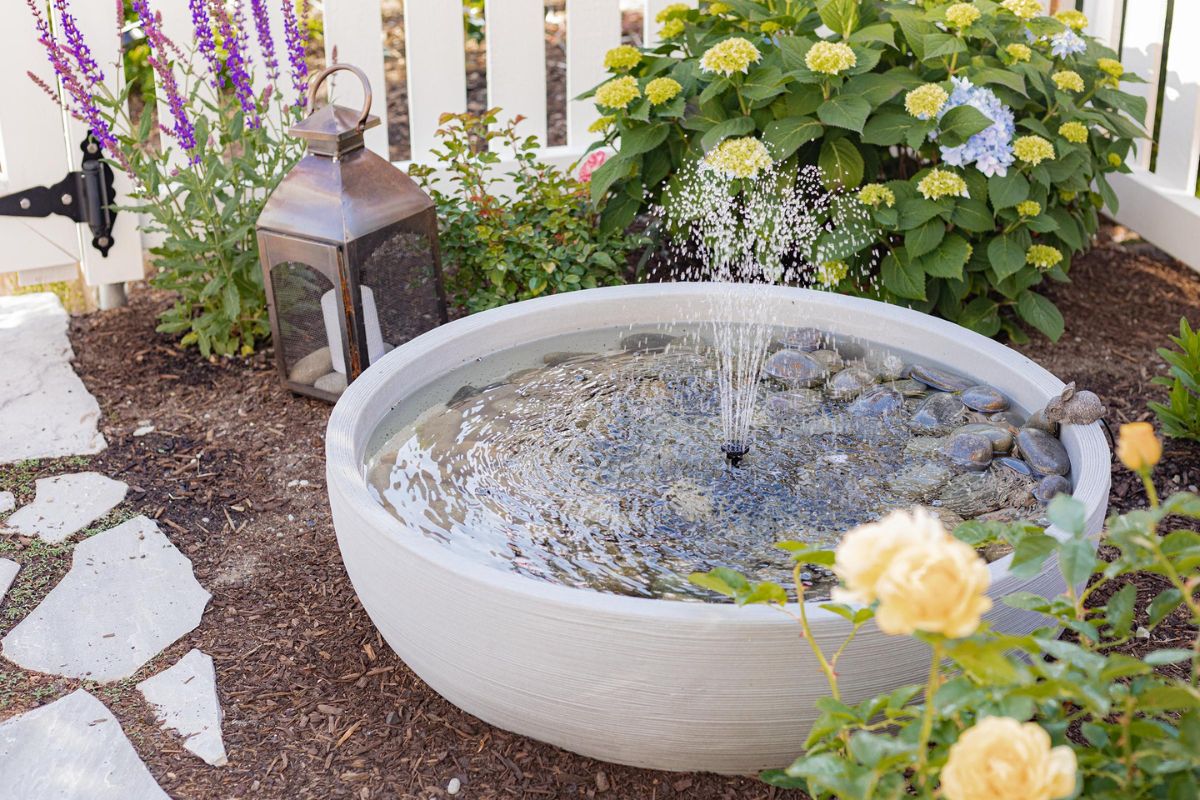
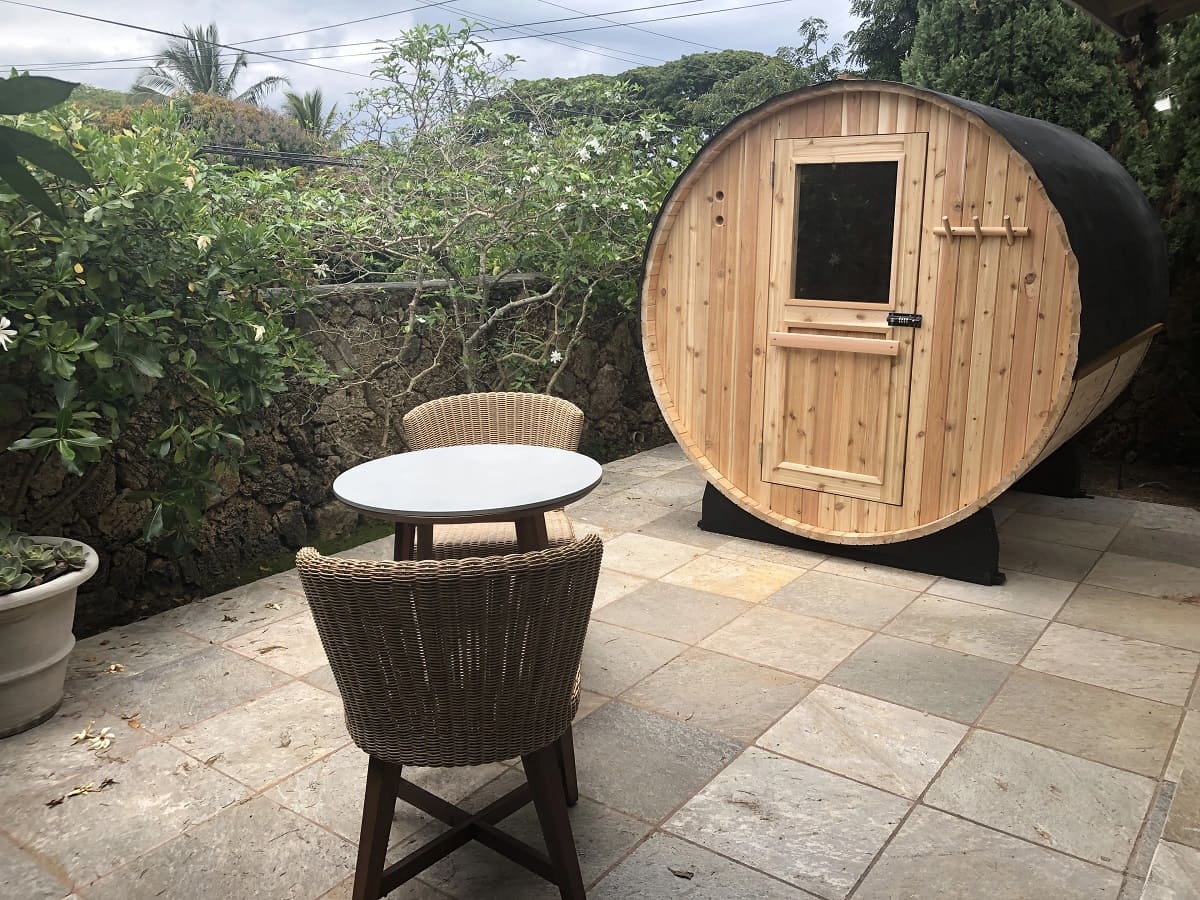
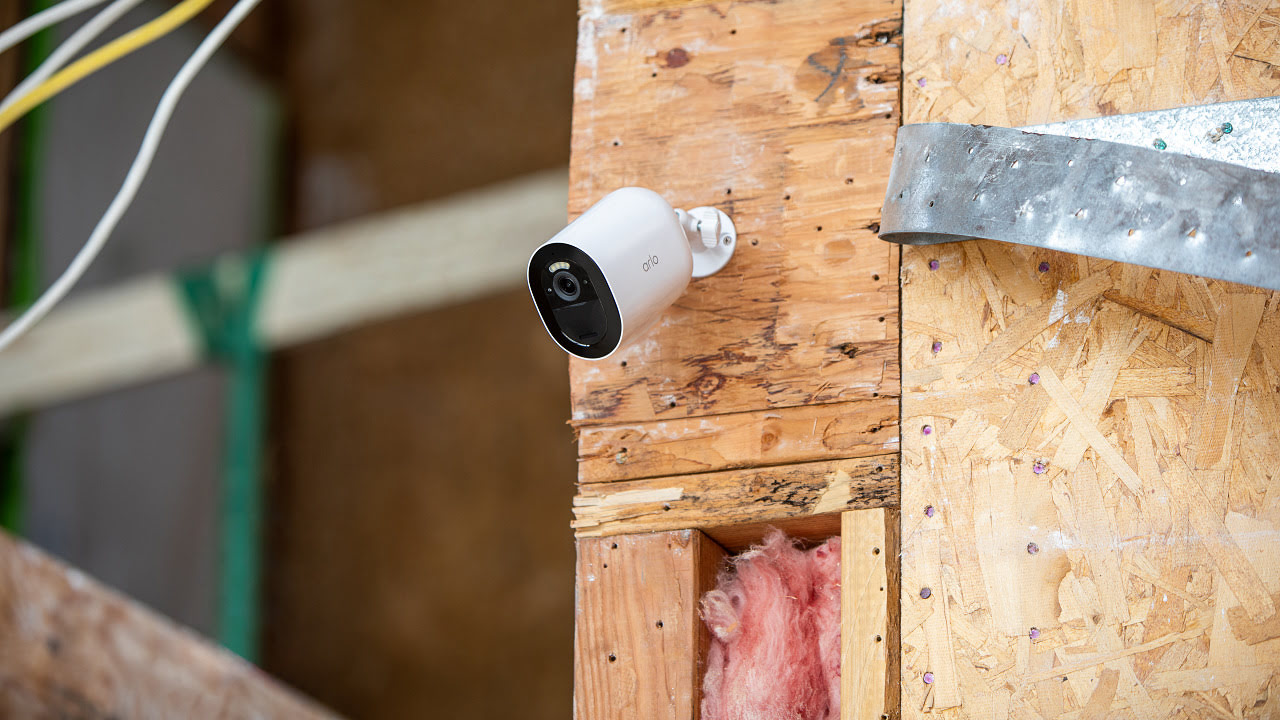
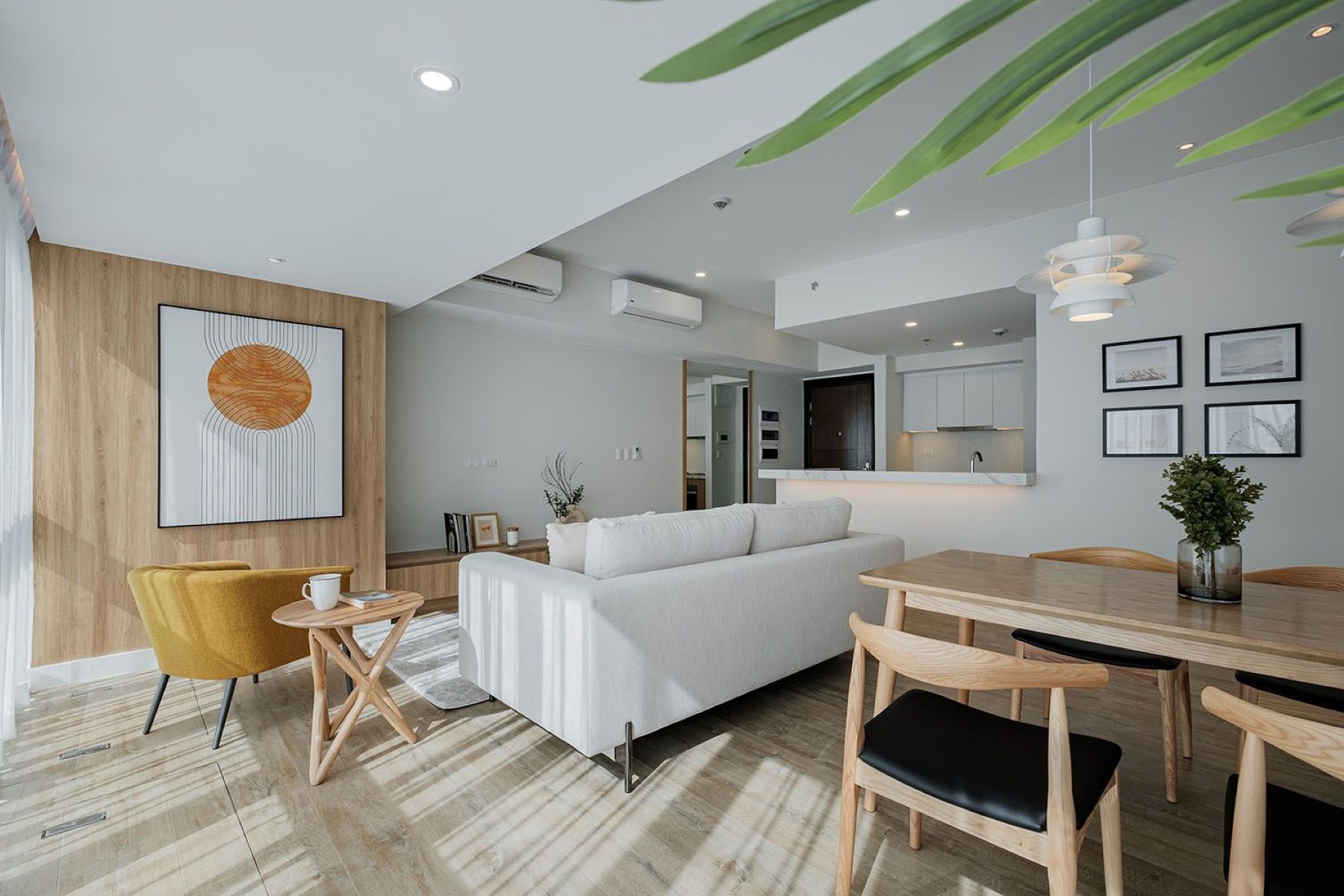
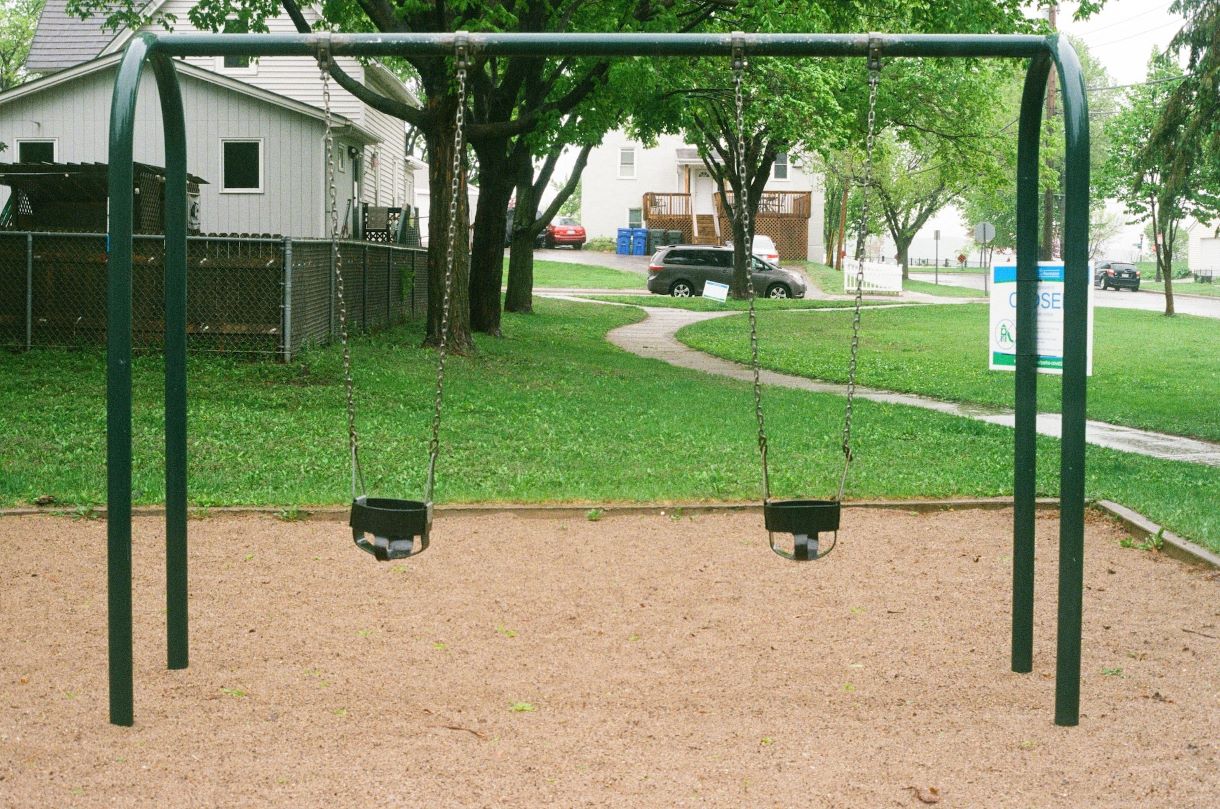

0 thoughts on “How Much Do You Save By Building Your Own House”